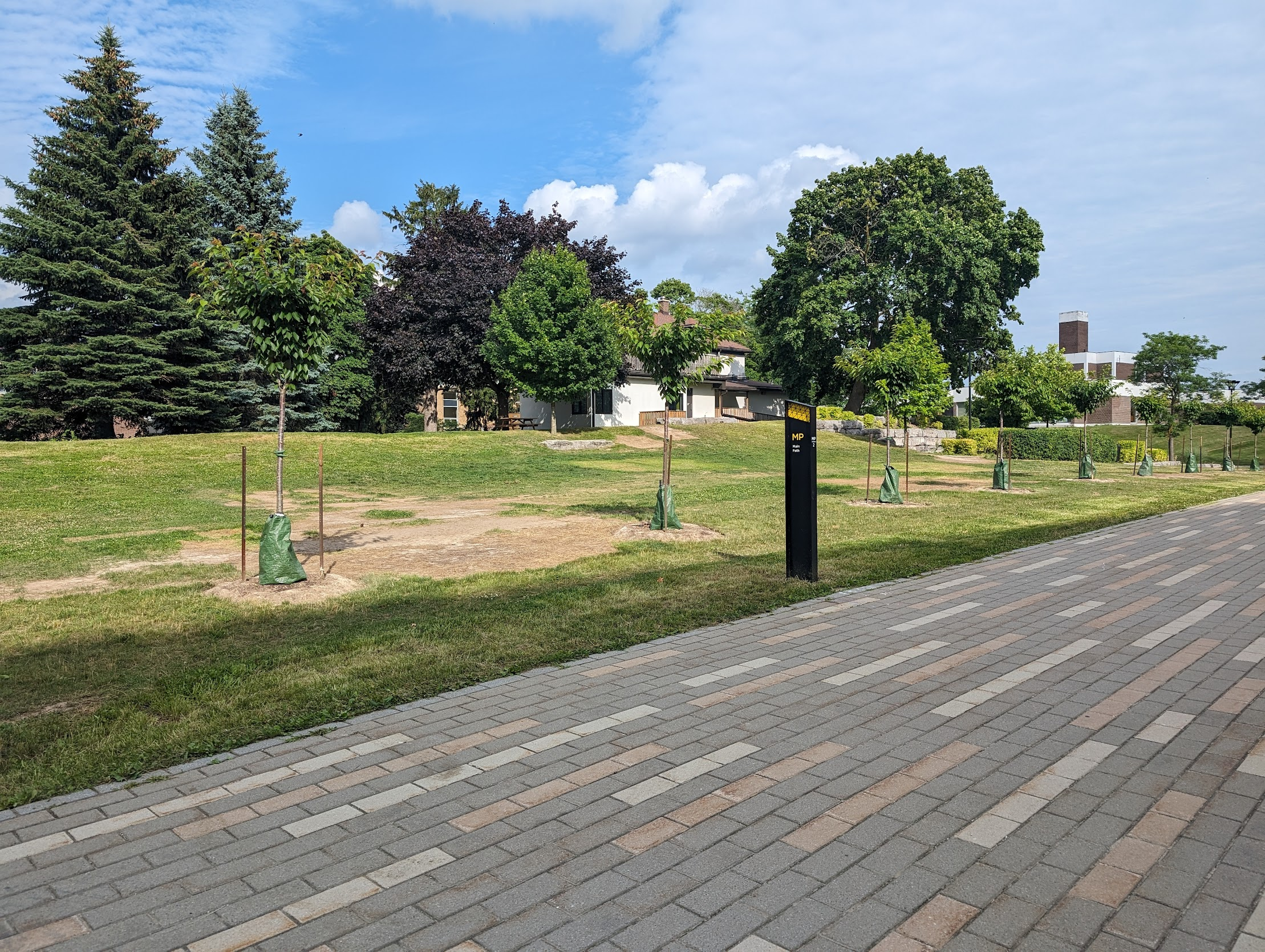Note:
I may very well regret posting this at some point in the near or distant future! I also cannot claim to speak on the interactions between participators of the encampment in question and the administration of the University of Waterloo. In general, I will not comment on all allegations made by the university, but that is not relevant to my thoughts on the ones I will address.
For further context, I did not participate in this encampment.
I think my thoughts here may be considered quite sensible in the future.
Recently, students (and possibly faculty, I’m not sure) set up an encampment on the Grad House Green in the centre of the University of Waterloo campus, to protest the university’s involvement in the ongoing military action taken by the state of Israel against the people of Palestine. The university administration responded by issuing an eviction notice, and eventually suing them for so supposedly 1.5 million dollars worth of damages encompassing “property repairs, operational disruptions, diminished property values and reputational harm stemming from the encampment that began on May 13.”
The school alleges the protesters “engaged in deliberate actions aimed at damaging the university, its property, reputation, and goodwill in the community,” including demonstrations, misinformation campaigns, graffiti and intimidation of students and staff near the site.
- Paola Loriggio, The Canadian Press via The Toronto Star
The university withdrew this lawsuit after the encampment vacated. But this does not reflect a good faith engagement with the protest, only a lack of vindictiveness (which admittedly is not insignificant, since the sort of pettiness that might compel them to continue litigating definitely does exist in the administrations of our schools, businesses, and governments). As someone who does believe in the political cause in good faith, I think it’s useful to demonstrate that this lawsuit was illegitimate.
Here is the aftermath of the encampment: some grass was killed.

Not pictured here is the University of Waterloo sign, which had a bag over it during the presence of the encampment, and which now does not. Also not pictured here is the graffiti, because it was on the wooden fences around the encampment which were removed when the encampment vacated. So I don’t think any significant property damage was done, let alone $1,500,000 worth. If you or someone you know has had property by members of the encampment on the University grounds during its presence, please feel free to contact me and I would love to issue a retraction and apology.
As for operational disruptions, I hope the university did not lose too much money being unable to water and cut the grass. About diminished property values, I do not think the university was planning on selling the green space in the centre of campus, nor do I think its value depends on speculation on its land, nor do I think the health of the grass on its land significantly affects its land value.
Considering reputational harm, let’s look at the effects of more severe and controversial actions elsewhere: the legacy of Columbia University’s infamous 1968 “Uprising”. Much ink has been spilled on this history, and in short I think the most instructive aspect of it is how the university itself reflects on it. The university itself has put out exhibits demonstrating how the political action was in response to its own policies of segregation and thinkpieces acknowleding that “radicals on the left used provocative actions and language to unmask universities as repressive institutions.” While these pieces are reluctant and fence-sitting, they cannot deny the justice of the cause. More clearly - the university’s president admitted, “Protests have a storied history at Columbia and are an essential component of free speech in America and on our campus.” This event, which garnered violent police repression and wholehearted condemnation from administration when it happened, is now a source of institutional pride and legacy by the current administration’s own admission.
Perhaps the University of Waterloo’s administration (or Columbia University’s administration, for that matter) expects this encampment to cause reputational harm because it believes that its motivations are not righteous, and will not be worthy of commemoration in half a century. In this case, I would have loved for the administration to have the courage to say so explicitly. If the university believes in a miscarriage of the International Court of Justice, this is something that I believe they should confidently speak about. Similarly, I think if the university believes that the encampment spread misinformation, it is important to combat that and I would invite them to debunk any such incorrect statements issued by the protestors.
In our liberal representative democracy, we have limited opportunity to express and enact our political ideas. Peaceful activism on university campuses is an old and important tradition in such undemocratic regimes. I wrote this piece because it makes me sad to see growing political repression in my own backyard, on my own Grad House Green.